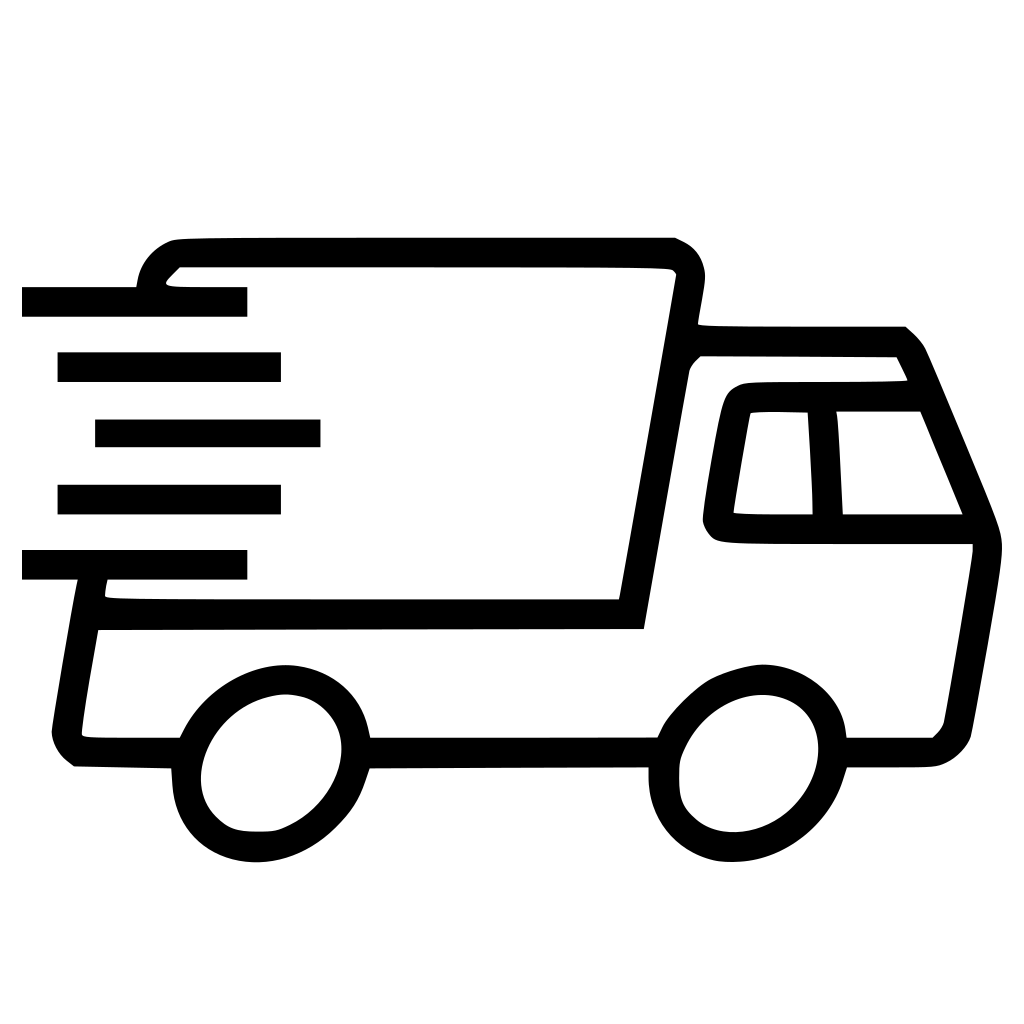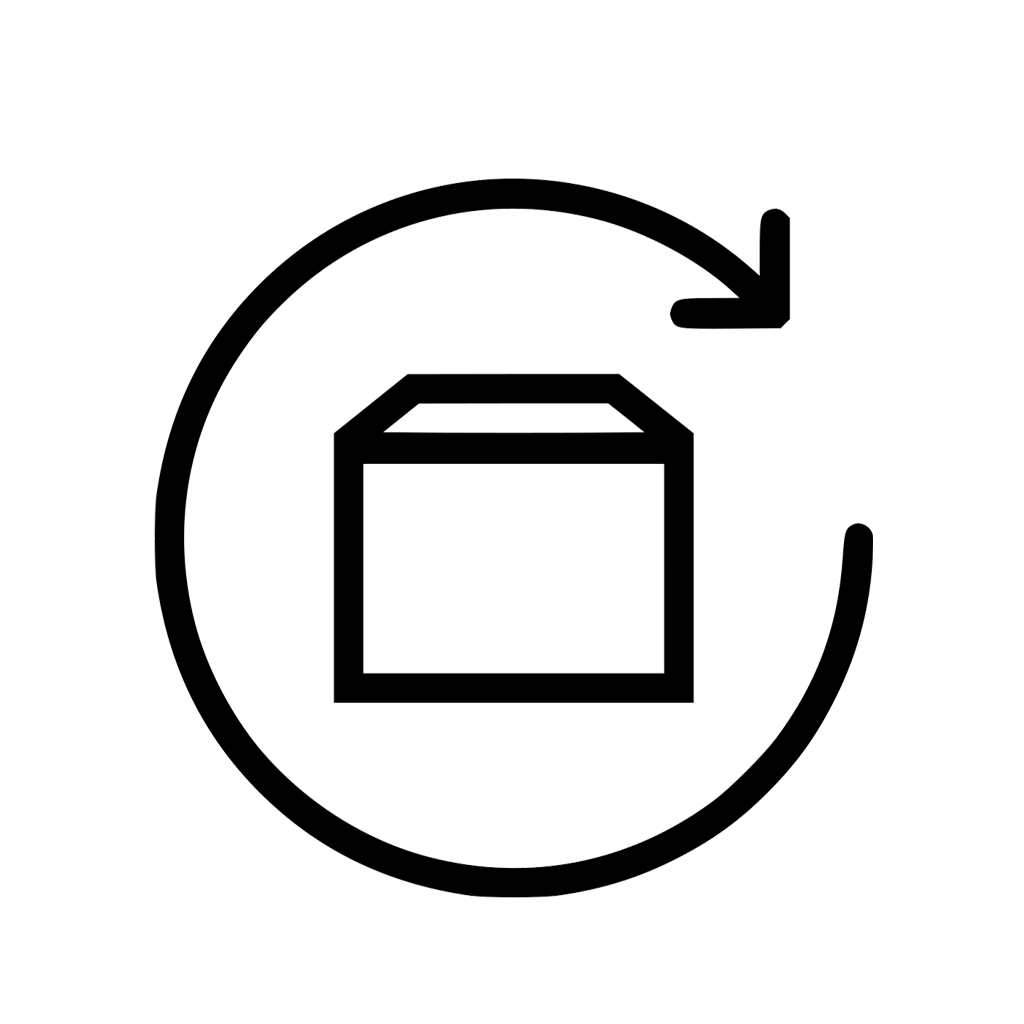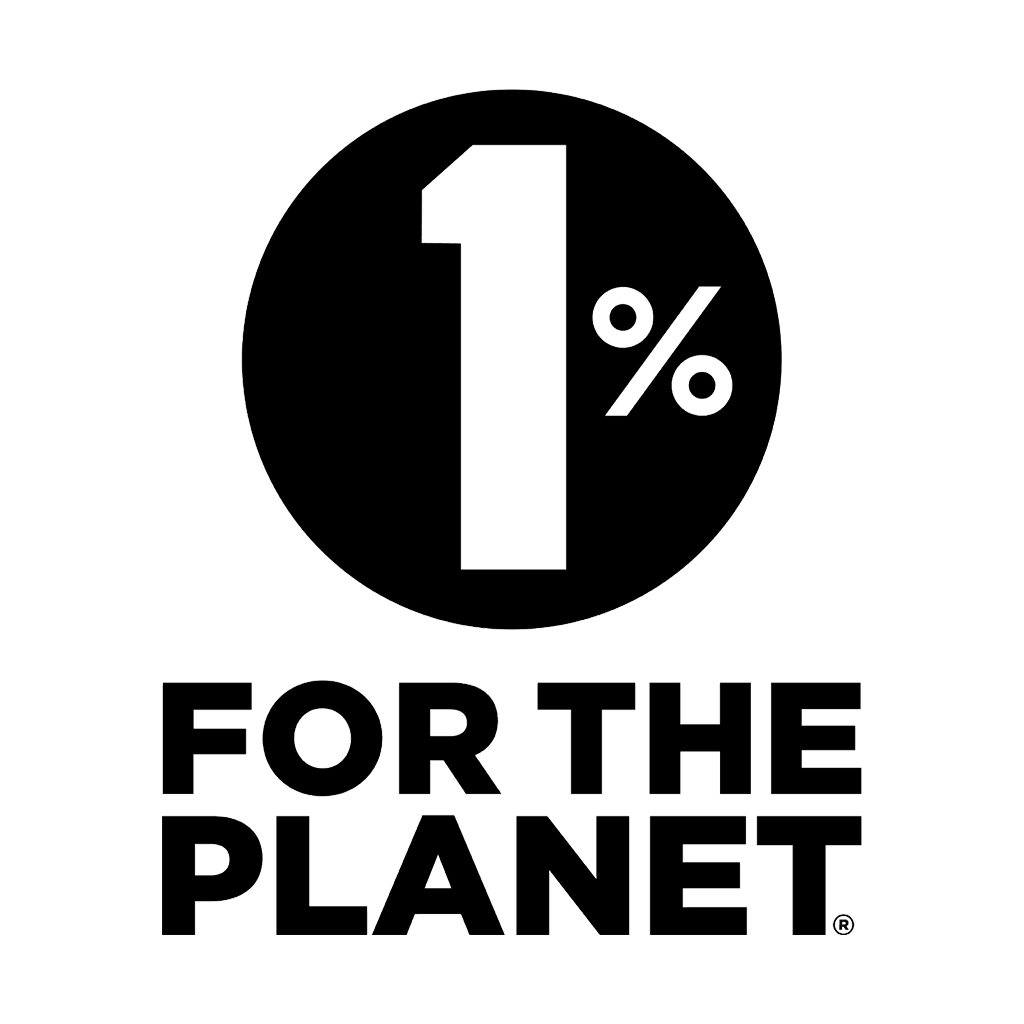
Putting the Planet First
Planet earth is a beautiful place. It’s filled with colour and culture, nature and knowledge. The fragile ecosystem that exists here is dependent on an infinite number of things, especially the climate and the intricate web of species that coexist alongside each other. When any form of marine life is lost to extinction, there is an astronomical effect on the food chain, causing loss of biodiversity and the possible extinction of many more creatures. Sadly, the leading killer of marine life, according to the international nonprofit advocacy organisation, Oceana, is man-made and used and produced every single day worldwide. The issue is plastic.
“At least 8 million tonnes of discarded plastic enters our oceans each year, and plastic pollution at sea is on course to double by 2030. Plastic has even been found in the deepest place on Earth - in the Mariana Trench, nearly 11 kilometres below sea level.” - WWF

The plastic problem isn’t a new one. Loss of marine life can be blamed on plastic pollution, and it's a contributor to the overall climate and ecological crisis. We’ve been aware for a long time now that the planet is paying the price for our over-consumption of it. It’s absolutely integral that we take actions, big and small, to turn the tide on marine pollution.
What you can do
Organise or take part in a beach or river clean
Initiatives such as the #2minutebeachclean and #take3forthesea are designed to make beach cleaning easy and accessible. They are built on the idea that even the smallest act makes a big difference. So next time you’re at the beach, fill your pockets with micro-plastics and dispose of them when you get home. Pick up the odd crisp packet you find on the tideline. Untangle fishing rope from the seaweed and use it for arts and crafts.
There are also pre-organised beach and river cleans you can get involved in. River cleans stop litter getting to the ocean at source, but beach cleans are also important in making sure the pollution doesn’t head back out to sea with the tide, leaching chemicals and fooling marinelife into thinking it’s food. Click here to find a beach clean in your area.

Litter picker made from recycled marine ghost fishing nets by Cornish company Waterhaul. Click here to find out more about the work they do.
Reduce your single use plastic
Whilst the pandemic threw a spanner in the works in terms of cutting out single-use plastic (masks, tests and PPE), there are plenty of ways you can reduce your consumption of it. Carrying a refillable water bottle or coffee cup is the easiest way of avoiding the single-use alternatives (2.5 billion coffee cups are used and thrown away each year in the UK and 7.7 billion plastic bottles are bought across the UK per annum). Other clever hacks are reusable ‘cotton’ buds, shampoo and conditioner bars and using zero-waste refill stores to replenish your pantry.
Reduce, reuse and recycle
Before you recycle that empty jam jar, consider what else it could continue it’s life as. A vase for wildflowers? A storage container for sea glass? Take it to your local zero-waste store and refill it? You could even forage hedgerow fruits and cook up a storm, turning it back into a jam jar. Whilst recycling is obviously awesome, it still uses a great deal of energy. Giving something a new purpose is a far more sustainable way to deal with waste. By reusing objects you are directly reducing your consumption, therefore removing the need for more of that item to be produced, saving energy and resources.
Support organisations fighting plastic pollution
There are also endless organisations you can support that work to tackle plastic pollution. Cornish charity Surfers Against Sewage and Cornwall-born CIC Beach Guardian are grass roots organisations that organise beach cleans and campaign for marine protection. On a worldwide scale Extinction Rebellion and Sea Shepherd are not-for-profit, extreme organisations that are hell-bent on saving the seas, and are making huge steps towards planet protection.

What we do
Our planet-positive Dry-Series
Our hardwearing Dry-Series robe is made from recycled nylon, which reduces our reliance on fossil fuels, requires considerably less energy and water, and reduces air pollution. Virgin plastic-based fabrics are extracted from petroleum, an unsustainable and finite resource. We believe it’s important to rethink the way in which we view plastic waste: by seeing it as a resource.
The finish we use to make our Dry-Series water and wind proof is PFC (per- and poly-fluorinated chemicals) free, meaning it doesn’t contain nasty, man-made compounds that harm the environment.

Our fix-it scheme
We encourage our customers to consider whether something can be fixed, before replacing it with a new version.
If your Robie Robe item, Dry-Series, Original Series or anything else we make, rips, tears, breaks or could do with some TLC, get in touch and let us know your issue. If we can fix it, we will for a small nominal fee that should see your Robie have a new lease of life and many more years of service.
Packaged and posted with sustainability in mind
From beginning to end, we are always aiming to streamline sustainability into our processes. You’ll receive your order in a 100% recyclable FSC Certified paper mailer. Our Original-Series comes in a biodegradable bag that is needed to keep your Robie faultless. The Dry-Series will arrive in a drawstring bag that can be used again and again, ensuring our changing robe has little adverse impact on the environment.
Being 1% better
Our commitment to the planet doesn't end with how we make our products. We are members of 1% for the Planet, an initiative that enables us to donate 1% of our sales to organisations focused on doing more to create a better future. Watch this space, we’ll reveal the planet-positive people we are working with soon!














